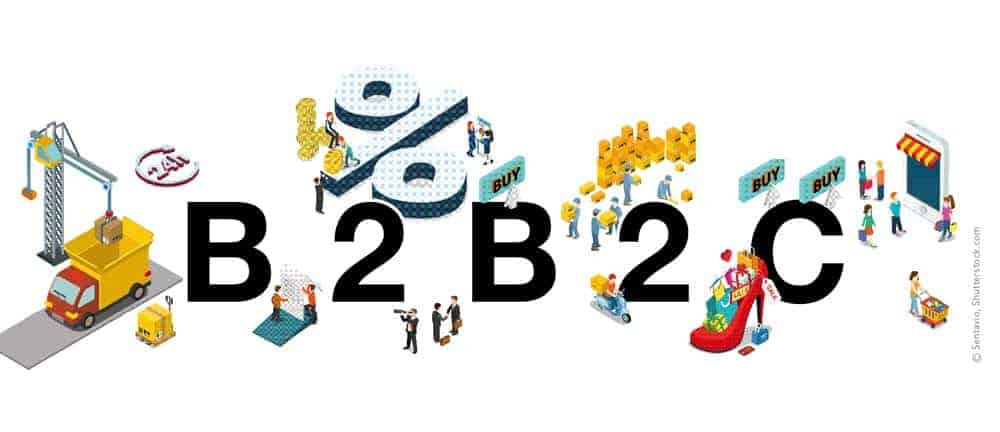Experience management requires paradigm shift


Since the eight-billion-dollar purchase of the U.S. enterprise feedback management specialist Qualtrics two years ago, at the latest, customer experience management has also been strategically positioned at SAP. As a result, all topics related in some way to customers, sales, and marketing are bundled in a superordinate CX (customer experience) area. The purchase of Qualtrics makes sense simply because the company is the global market leader in its field. The crux of the matter, however, is to link the traditional analyses of operational (O) data with experience (X) data. This is because a change in thinking is needed when assessing the success or failure of a company.
Key performance indicators (KPI) on sales, profitability, growth, etc. are relevant for companies, but not for their customers. KPIs measure the performance of the customer for the company, but not the performance of the company for its customers. KPIs must therefore be accompanied by Customer Performance Indicators (CPI). These metrics are about what factors influence customers in their buying decisions. The usual recommendation values (NPS, Net Promoter Score) are not sufficient here. Whether or not someone would recommend a company to others is interesting, but says nothing about the motives. Rather, experiences at individual touchpoints, in the retail example these are stores, customer service, Internet stores, etc., must be considered. Fast offer generation, flexibility with regard to payment options, throughput and processing times, and much more are decisive for the purchase decision today.
In order to be able to respond to the interaction between customers, companies, products, services and, not least, employees, a comprehensive analysis of the customer experience is therefore required. After all, it's not just about individual touchpoints in a customer journey, but about looking at experiences from different perspectives. How must individual touchpoints be designed for specific groups of people to have a positive impact? Which person characteristics are relevant to individual and enduring customer satisfaction? How do individual experiences affect a customer's overall experience with the company in terms of behavior? Qualtrics' tools can help gather customer opinions and feedback. But only with a comprehensive knowledge of the customer experience can the collected data also be meaningfully utilized. To do this, the software must be integrated into existing processes and incorporated at key points. Equally important is data on employees' experiences with the company. After all, satisfied employees who identify with the company are crucial for customer satisfaction - and vice versa.
It is therefore not enough to limit oneself to individual product and service evaluations. If you want to influence customer behavior, you also need external data, such as research-based data and a background in business psychology, in addition to the analysis of the customer experience and the targeted integration of tools. People's behavior is complex, so analyzing it requires data on the relationships between experience and behavior. Successful experience management is a challenge. This is because existing operational or experience data must be linked along with this newly accessible data. A rethink and cultural change is needed in the companies themselves. The corona pandemic was a prime example for the retail sector of how quickly customer behavior can change and influence competitiveness.





